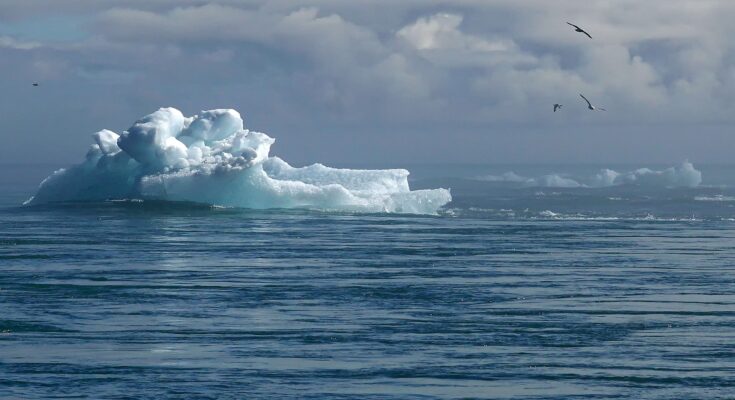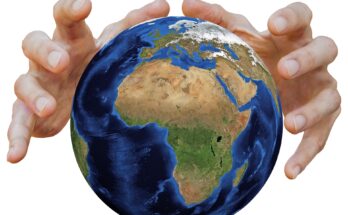Oceans are the universal force of nature that form the foundation of the blue planet on which we all are living. They cover approximately 70% of our planet earth’s surface and account for 95% of all living space. Oceans are the Earth’s life support system that gives us free goods and services, from the food we eat to the oxygen we breathe.
Oceans play an important role in regulating global climate and driving weather patterns such as rainfall, droughts, and floods. They are also the world’s largest carbon store, with marine waters accounting for roughly 83% of the global carbon cycle.
However, the relationship between these two natural forces is changing, and the exchange is becoming more intense. The ramifications of this may be seen all around the world.
The seas have absorbed a third of the CO2 created by human activities and 90% of the excess heat trapped by rising greenhouse gas concentrations over the last 200 years. This results in rising sea levels, stronger storms, and changes in marine animal diversity and abundance.
Currently, about 7% of the ocean is protected, and CO2 emissions from bottom trawlers are comparable to those of the worldwide aviation industry.
Sustainable coastal and marine ecosystem management, protection, and restoration are critical for the continuous provision of ecosystem services that humans rely on. For the ocean’s health to be preserved, a low-carbon emissions trajectory is required.
According to a new study, we need to save at least 30% of the ocean to protect marine life, enhance food supplies, and cut CO2 emissions.
Therefore, the protection of the coastal ecosystems is always needed. Countries should adopt rules and guarantee that sustainable practices are used in all industries that have an impact on the ocean and coasts, such as fishing and tourism.
There should be continuous support to the scientific research departments to ensure that climate change consequences are continuously monitored and analyzed.
Besides this, people should need to understand climate change and its consequences and how it means a lot to this world. There are various online courses based on climate change provided by Klaspad Academy. These courses provide the introduction to climate change, climate finance, climate actions, sustainability, etc.
We would like to hear more from you regarding the role of oceans in climate change and how to protect our oceans. Please let us know in the comments below.


